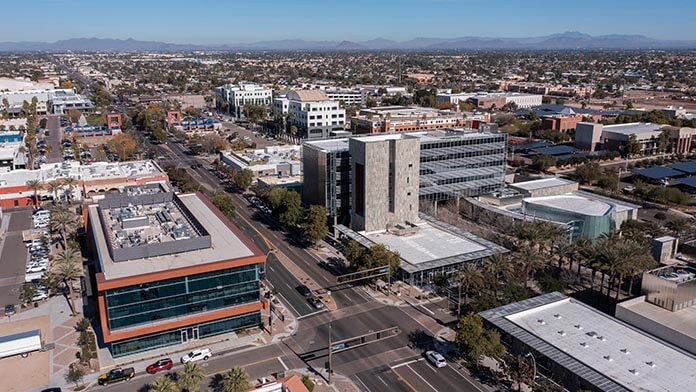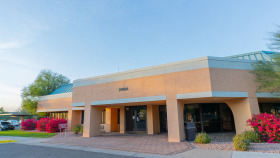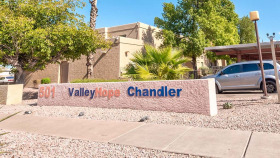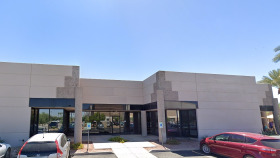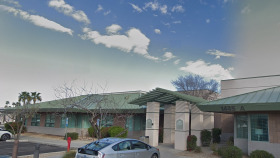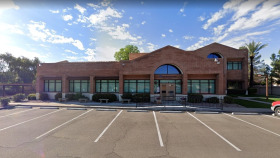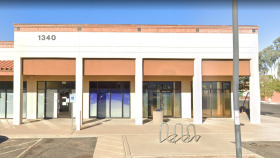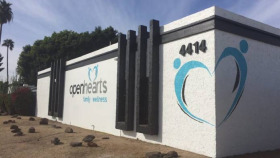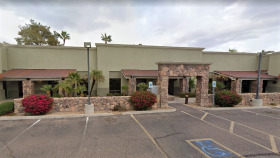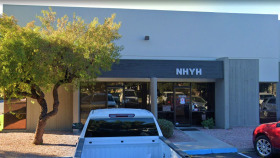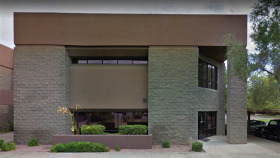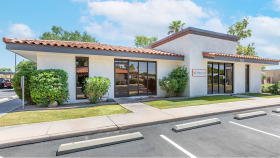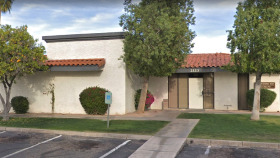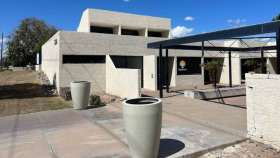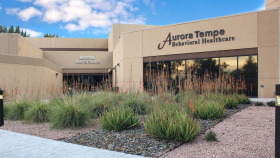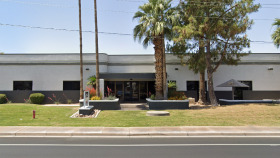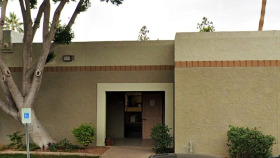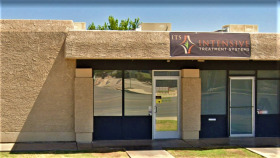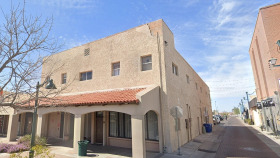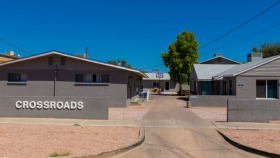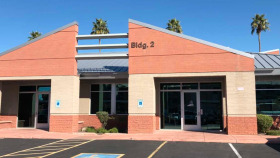Expert Insights
I recently saw in the news that there’s a new drug hitting the streets of Chandler, called “Tranq dope” and it’s as strong as fentanyl on steroids. I did some research and read that the drug is a combination of deadly fentanyl and horse tranquilizer, xylazine.
What’s worrying about this drug is that the miracle overdose reversal drug Narcan, won’t work on xylazine. It really seems like a gnarly drug, causing people to have open wounds as it affects the body’s ability to clot and heal. So if the person doesn’t die from the fentanyl, they may lose a limb due to an infected wound. I also heard a doctor in Pennsylvania say that prolonged xylazine use is associated with dementia.
~ Olivia Pennelle
How Expensive is Drug Rehab in Chandler?
The cost of drug and alcohol rehab in Chandler varies greatly across services. For example, the cost of inpatient care tends to be higher than standard outpatient programs (SOPs) as a result of fewer services offered. However, many personal factors will influence your costs, such as what type of, if any, health insurance coverage you have.
If you don’t have access to funds to pay for care, you can try crowdfunding or take out a medical loan. There are other ways to facilitate treatment as well, such as looking for a facility that offers payment plans or for a state rehab with low-cost treatment available.
Resources
- Opioid Overdoses Surveillance Report, Arizona, 2020-2021. (n.d.). Arizona Department of Health Services.
- Center for Disease Control. (2022). CDCWonder.
- Substance Abuse and Mental Health Administration. (2022). Treatment Locator.
- National Library of Medicine, Medline Plus. (2022). Alcohol Withdrawal.
- Arizona Healthcare Cost Containment System. (2022). For Prescribers: Controlled Prescription Monitoring Program.

